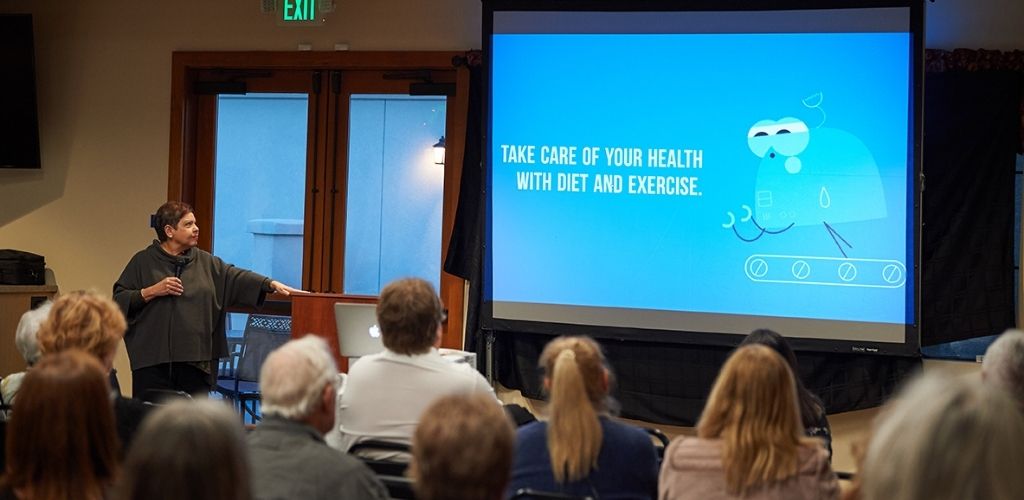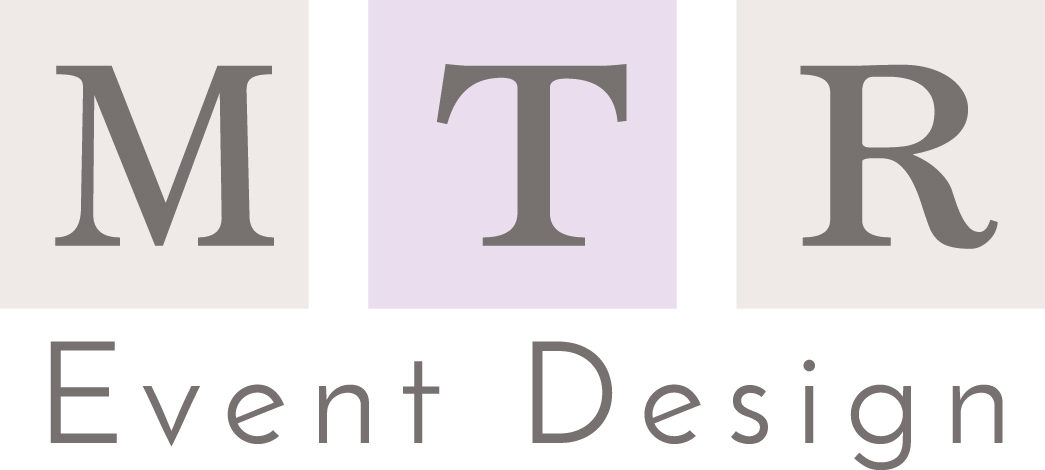So, you’ve determined your Event Strategy, figured out your purpose, goal and objective and now it’s time to decide the type of event you want to plan. How do you go about planning this? As an Event Strategist, I find that many of my clients want to clearly understand all the types of events when it comes to corporate event planning. I have outlined below the different types of events you can choose from when starting your event planning.
The In-Person Event

Remember these? At the time I am writing this blog, we are 16 months into the COVID-19 pandemic and the future of live events is somewhat uncertain with the Delta Variant. A live, in-person event is perfect when you want to bring a group of people together (large or small) to educate or entertain them. This is strictly in-person, and the only attendees are those that live locally, or travel to the venue and attend in-person at the venue you choose. For live events, you only have one audience – the attendees who are in the room.
Broadcast Event
This is a one-way view of an in-person event without being present in the room. Also known as live-stream or webcast. With this type of event, you can have both attendees that are in the room and others that are viewing your event remotely. There is no interaction or engagement with the attendees.
Hybrid Event

A hybrid event includes both in-person and remote attendees from multiple locations. Ideally, there are two experiences; Firstly, attendees are physically in the room and secondly, remote attendees login from various locations. With a hybrid event the Event Producer is creating an interactive and engaging experience for both the attendees physically present and those attending virtually.
Virtual Events

This is an event that uses technology (low or high-tech) to deliver an amazing experience entirely online. Attendees are not physically present, everyone is remote. We have a detailed Virtual Event Checklist here for you.
In conclusion, there are many different types of events to choose from. The best one for your needs will be determined by your event strategy – know why you are planning your event, know who your audience is and know how you will measure success.
